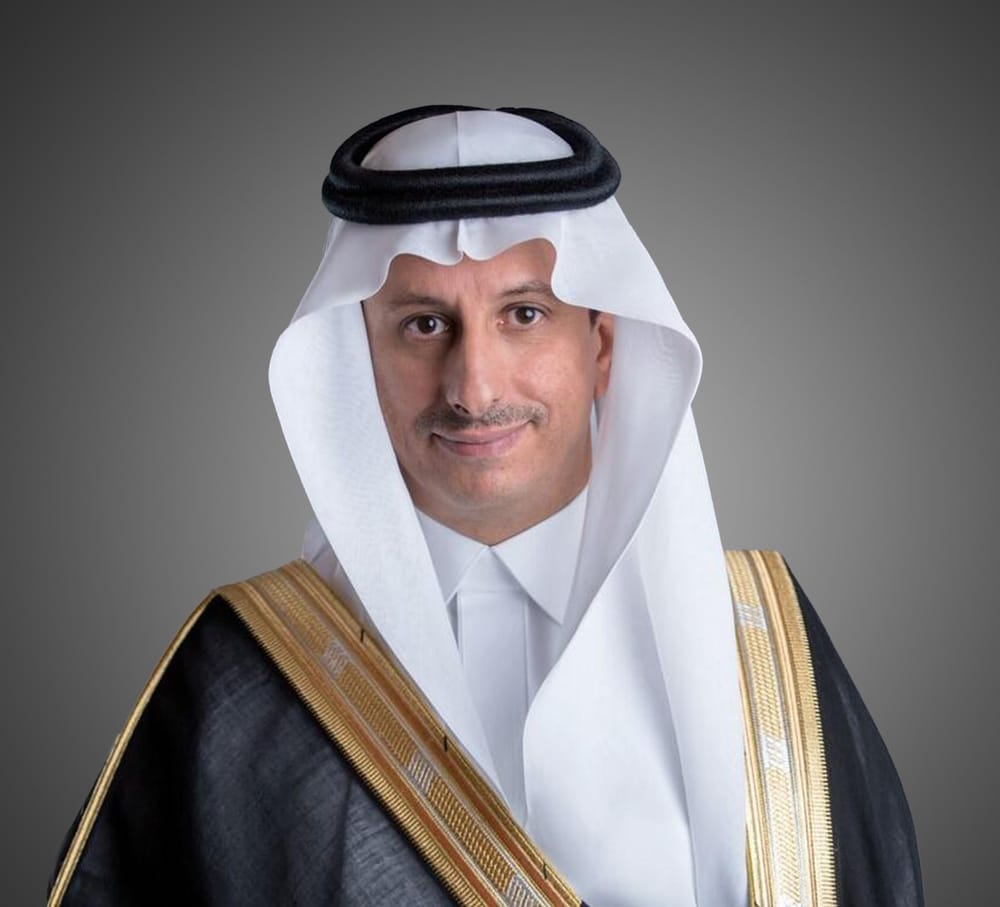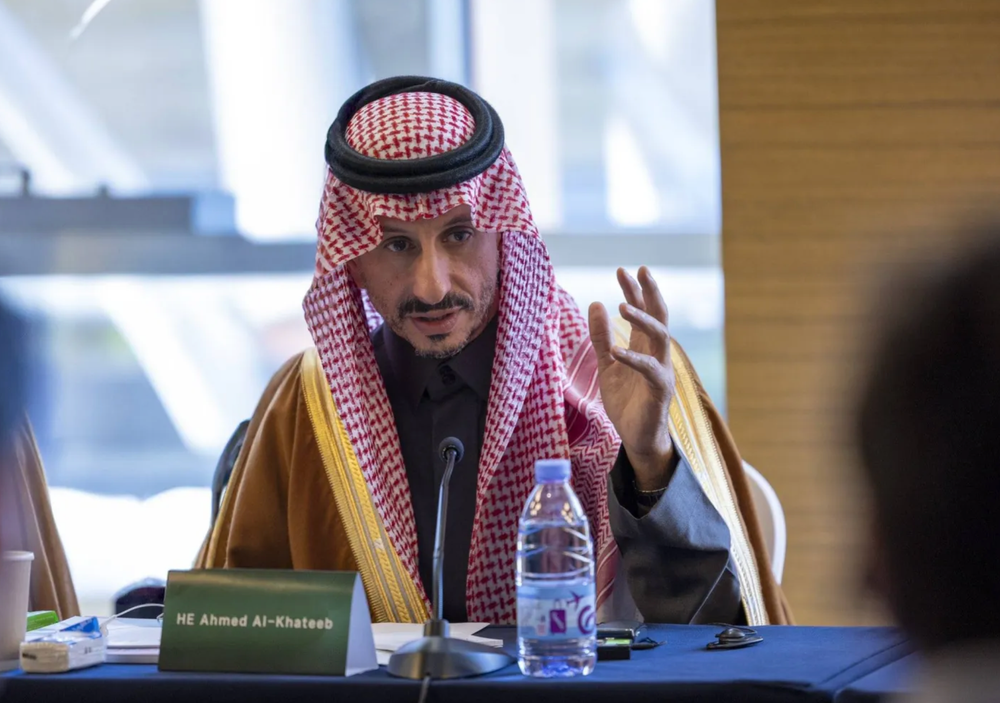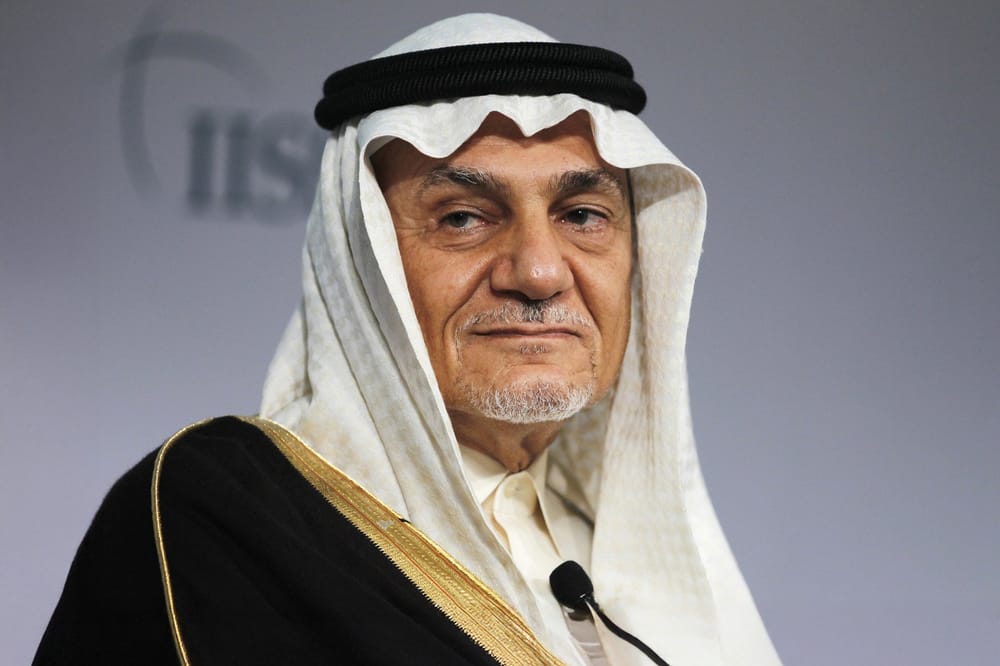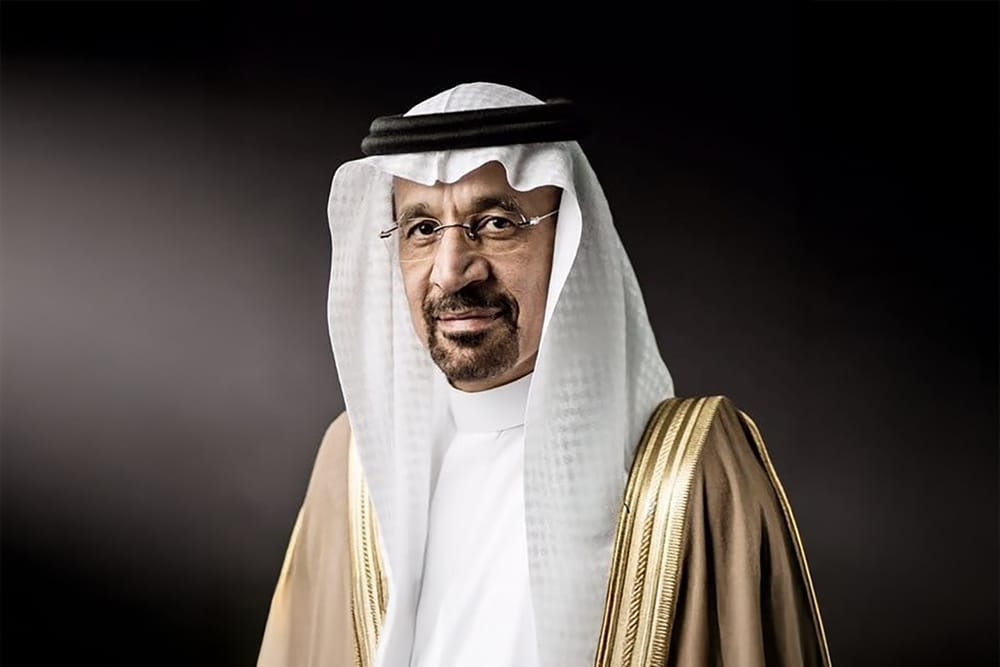How one Saudi minister shaped global energy policy and left a lasting legacy of leadership
Few Saudi ministers have had the global impact of Ahmed Zaki Yamani.
Serving as Minister of Petroleum and Mineral Resources from 1962 to 1986, Yamani’s tenure spanned one of the most transformative periods in both Saudi Arabia’s national development and the international energy system.
Widely respected for his strategic acumen, diplomatic skill, and long-term vision, Yamani became not only a key architect of Saudi oil policy, but also a defining figure in global energy diplomacy.
This article highlights the key milestones in his remarkable career — and illustrates why his leadership continues to inform modern policy discussions in the Kingdom and beyond.
1962: Appointment as Minister of Petroleum and Mineral Resources
In March 1962, at the age of just 32, Ahmed Zaki Yamani was appointed Minister of Petroleum and Mineral Resources by King Faisal.
At the time, Saudi oil policy was heavily influenced by foreign interests. Yamani represented a new generation of Saudi leadership — legally trained, internationally aware, and committed to strengthening national sovereignty over the Kingdom’s vital resources.
1968: Establishment of Petromin
In 1968, Yamani played a pivotal role in the creation of Petromin (General Petroleum and Mineral Organization).
Petromin marked an important step in building Saudi institutional capacity to manage its own petroleum and mineral wealth. It also laid the groundwork for the eventual nationalization of Saudi oil assets.
1973: The Oil Embargo and the First Oil Shock
During the 1973 Arab-Israeli War, Yamani was a central figure in orchestrating the Arab oil embargo against nations supporting Israel.
This action resulted in a dramatic fourfold increase in global oil prices and fundamentally altered the dynamics of global energy markets.
Yamani’s handling of this period demonstrated strategic clarity and diplomatic balance: while executing the embargo in line with Arab policy, he worked to manage its broader international consequences.
1975: The OPEC Hostage Crisis
In December 1975, during an OPEC conference in Vienna, Yamani was taken hostage by the notorious militant Carlos the Jackal.
Facing death threats during a highly publicized standoff, Yamani’s composure under pressure became widely admired. His safe release after tense negotiations further elevated his international profile.
1974–1980: The Nationalization of ARAMCO
One of Yamani’s most significant long-term achievements was overseeing the gradual nationalization of ARAMCO:
- In 1974, Saudi Arabia secured a 25% ownership stake.
- By 1980, the Kingdom had achieved 100% control of ARAMCO’s assets.
This shift from foreign-dominated operations to national ownership represented a major advance in Saudi economic sovereignty.
1980s: Navigating Market Volatility
Throughout the volatile oil markets of the 1980s, Yamani championed a policy of moderation and stability:
- Advocating for reasonable pricing to avoid damaging global demand
- Positioning Saudi Arabia as a reliable supplier
- Balancing internal OPEC dynamics with external diplomatic relations
His leadership during this period demonstrated a consistent focus on long-term strategic interests over short-term market fluctuations.
1986: Departure from Office
In October 1986, after 24 years in office, Yamani was dismissed by King Fahd amid internal disputes within OPEC regarding production levels and pricing strategies.
By that point, however, his influence on Saudi oil policy and global energy governance was well established — with many of his strategic frameworks continuing to guide the Kingdom’s approach to energy diplomacy.
Post-Ministerial Contributions
Following his departure from government, Yamani remained an influential voice in global energy affairs:
- He founded the Center for Global Energy Studies (CGES) in London, a respected think tank on energy markets.
- He lectured internationally on energy policy, geopolitical strategy, and global economic trends.
- He served as a trusted adviser to both public and private institutions worldwide.
Enduring Legacy
Ahmed Zaki Yamani’s career exemplifies the qualities of visionary leadership, strategic foresight, and measured diplomacy.
He played an instrumental role in transforming Saudi Arabia into a sovereign energy power, strengthening its position in global markets, and elevating its diplomatic influence.
Today, as Saudi Arabia pursues Vision 2030 and deepens its leadership in global energy transitions, Yamani’s legacy offers valuable lessons for current and future policymakers:
- The importance of building institutional capacity
- The need to think in long-term strategic horizons
- The value of maintaining balance between national interests and global engagement
- The role of leadership under pressure and uncertainty
At Wazear, we believe that documenting the careers of pioneering Saudi ministers is not only a historical exercise — it is a means of preserving leadership wisdom for the Kingdom’s future. Ahmed Zaki Yamani’s story stands as a prime example.






